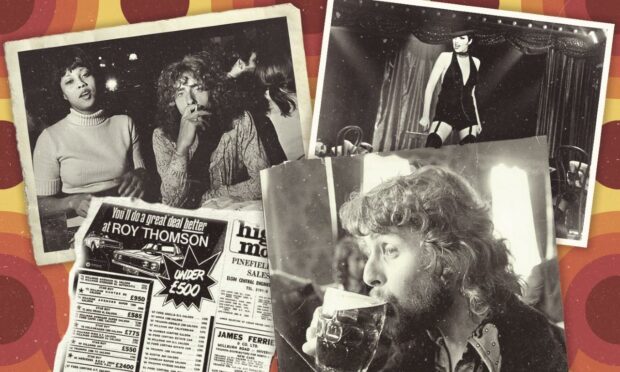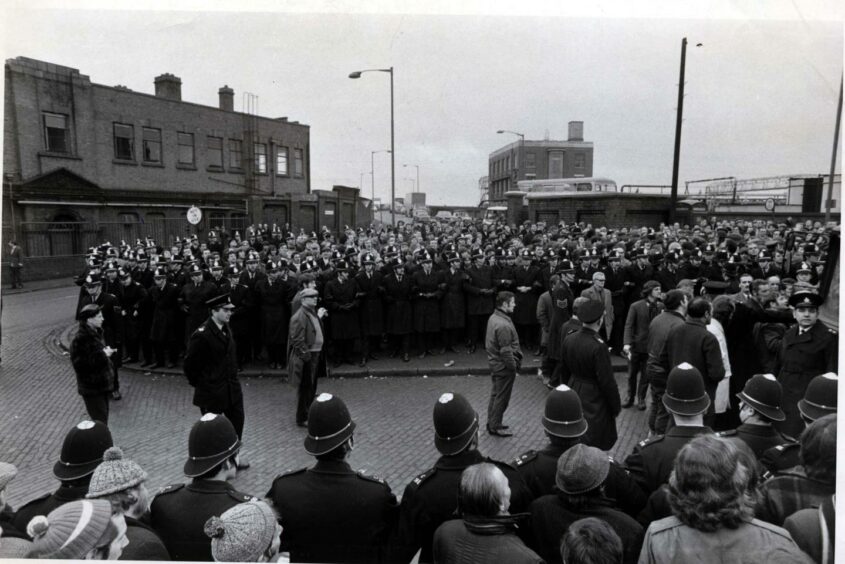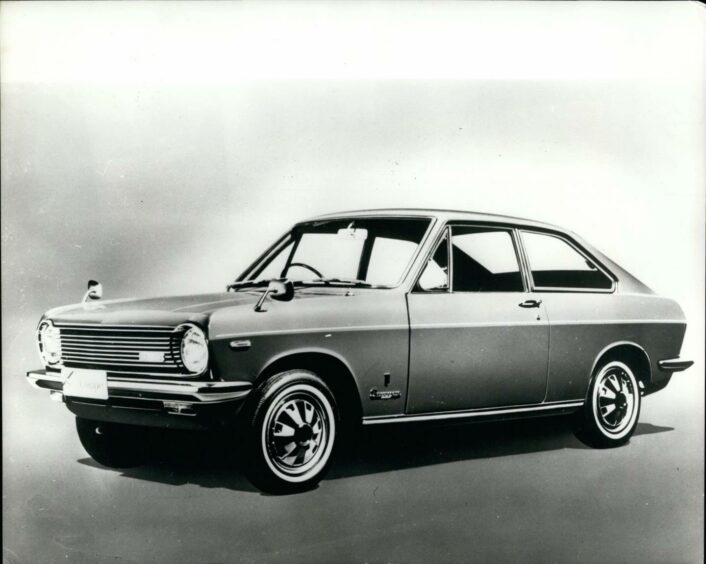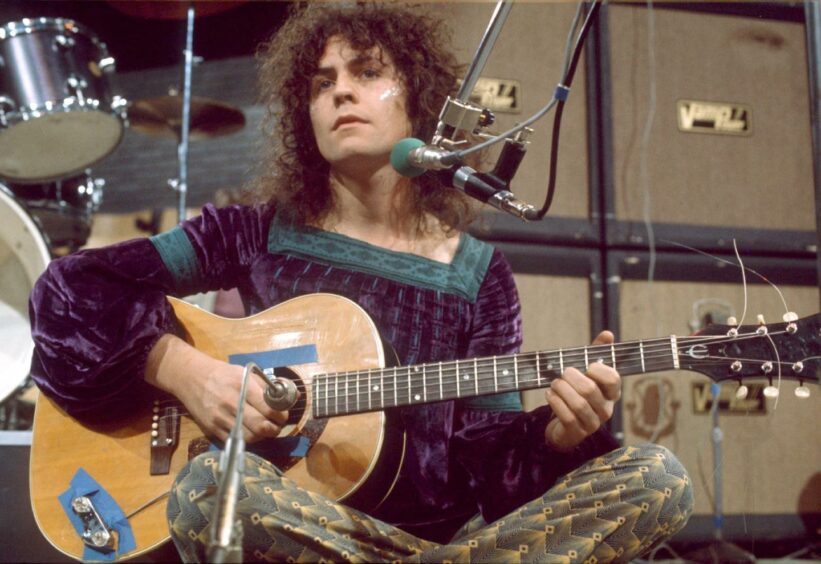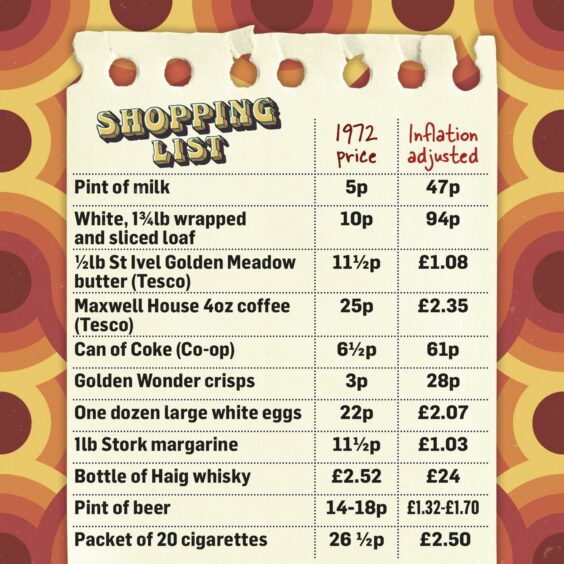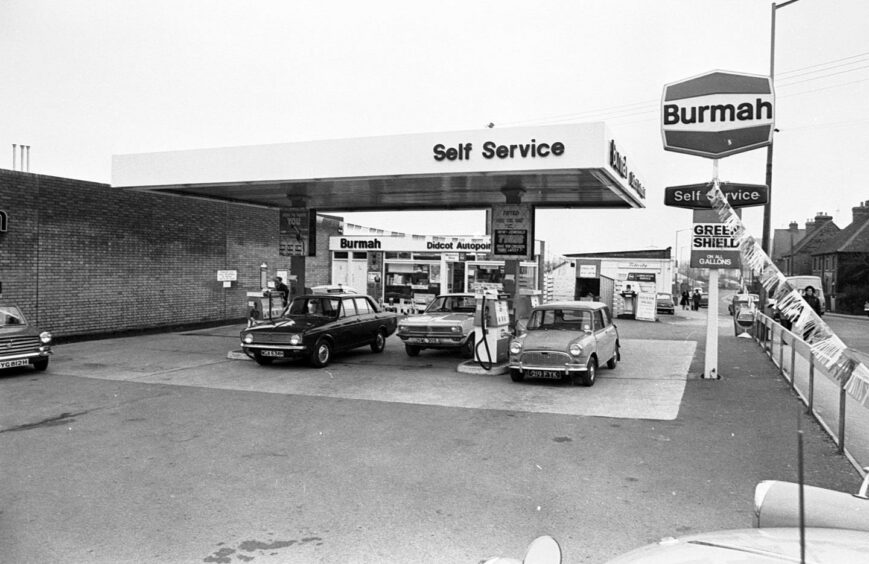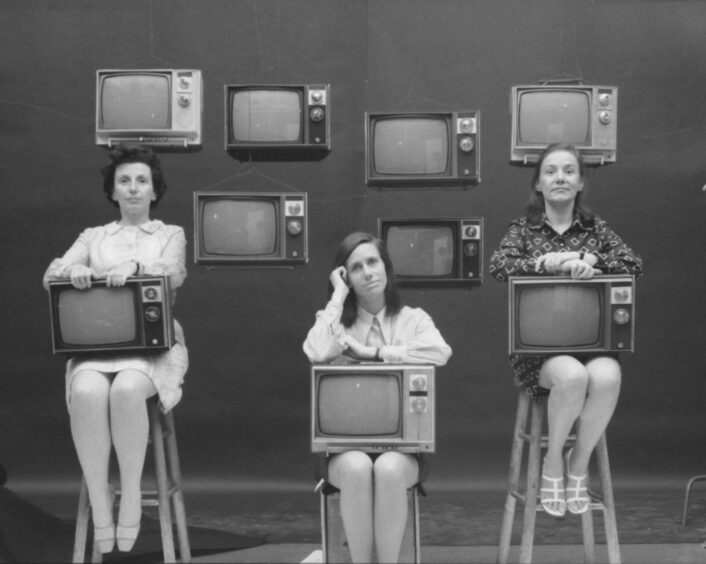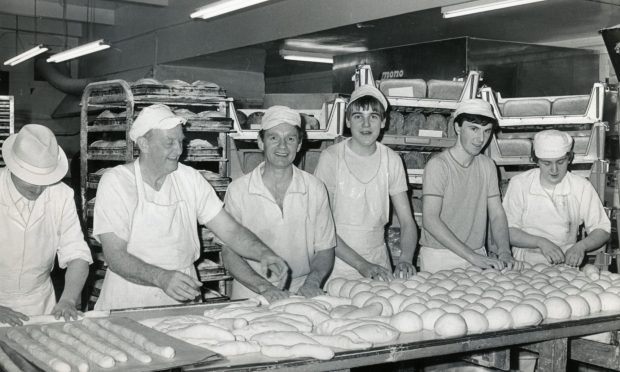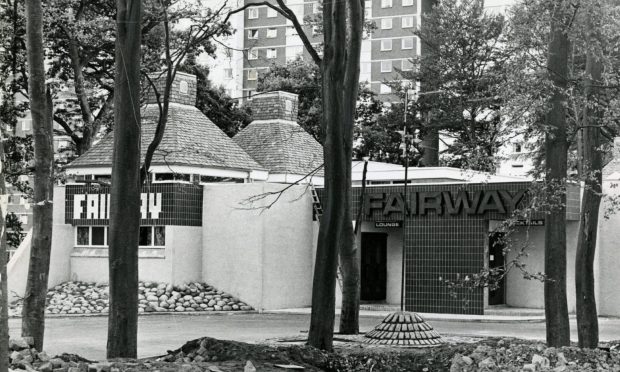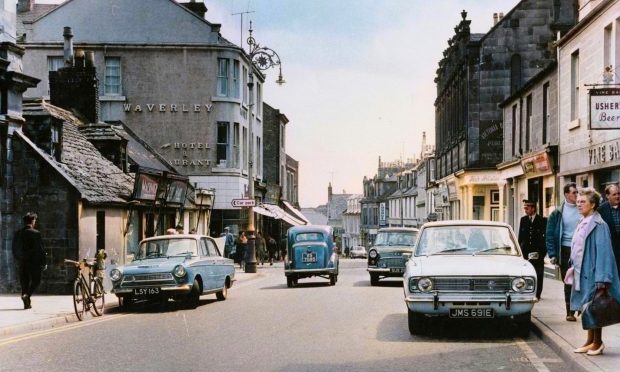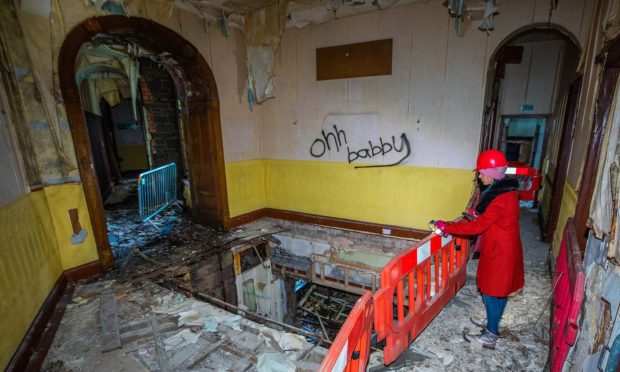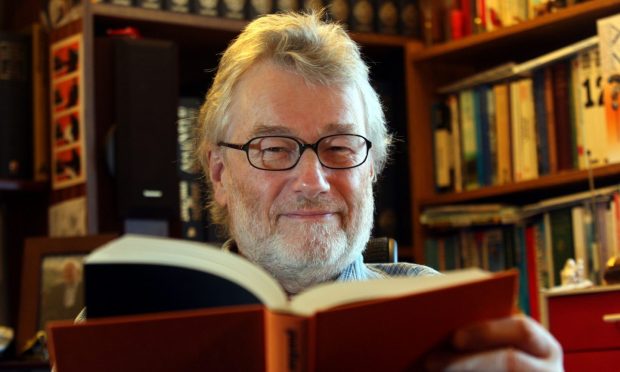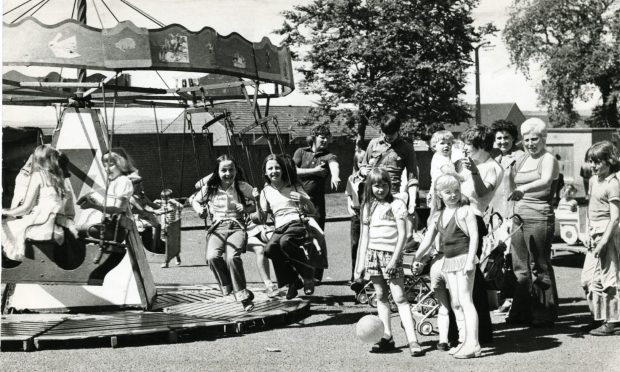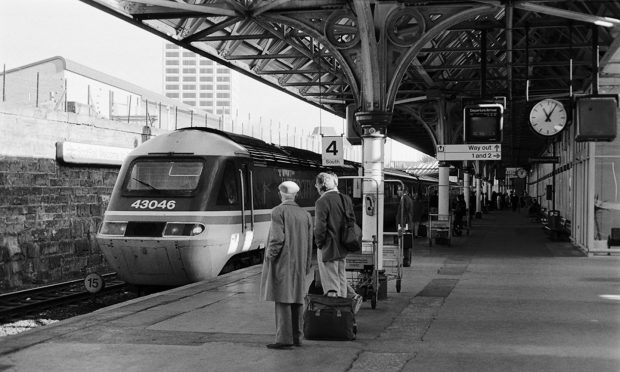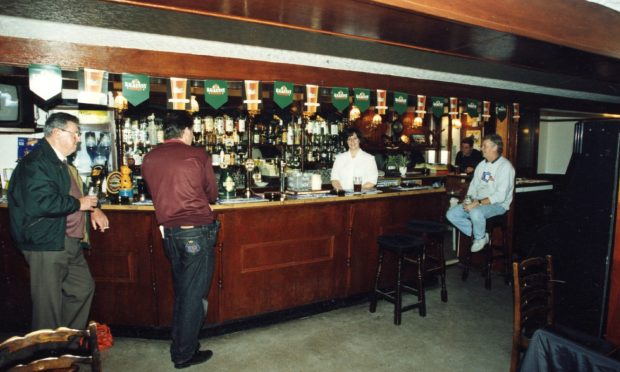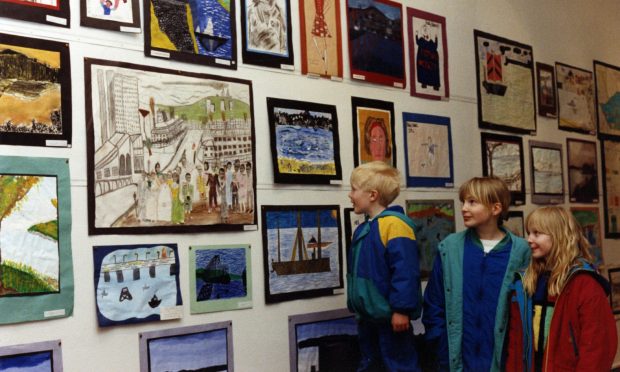Half a century ago inflation was running at similar levels to this week, at around 7.1%, but against quite a different backdrop.
There was no war in Europe, of course, but oil prices were rising steeply — they tripled during the decade.
Trade unions were powerful and bargaining for wage hikes to keep pace, causing an inflationary spiral upwards to more than 25% in 1975.
Today’s trade unions are far less powerful but there are currents of industrial unrest, with London underground workers now striking over pay and conditions.
In 1972 the government introduced pay and price freezes to try to counter inflation.
Today the anti-inflation weapon of choice is hiking bank interest rates, forecast to reach 1.5% from their record low this year.
But that’s a far cry from the 1972 interest rate of 7.8%.
What was it like living in 1972?
Industrial unrest, the Cold War and the Troubles in Northern Ireland were the dominant, ever-present shadows on the news agenda.
Strikes by miners and dockers prompted Edward Heath’s government to declare two states of emergency, in January and July.
The Official IRA bombed Aldershot Barracks in February.
Ugandan president Idi Amin expelled thousands of Asians to Britain, sparking a racist backlash.
The Winter Olympics were also on this month, with the UK failing to win a single medal— we’ve barely advanced there.
Car production peaked at 1.9m units, and Nissan began to surge with more than 30,000 Datsuns sold during the year.
Tottenham beat Wolverhampton Wanderers in the first Uefa cup final.
Rangers took the European Cup Winners’ Cup, defeating Dynamo Moscow 3-2 in Barcelona, but a pitch invasion by their supporters led to the team being banned from defending their trophy the following year.
The first official Gay Pride march was held in London in July.
There was tragedy for the royal family when Prince William of Gloucester, a paternal cousin of the Queen and ninth in line to the throne, was killed in an air crash near Wolverhampton, aged 30.
The Duke of Windsor, the abdicated Edward VIII, died in Paris.
The beginning of iconic shows
The film Cabaret hit the silver screen, while Jesus Christ Superstar debuted in the West End.
Mastermind was broadcast for the first time, as was a new soap, Emmerdale Farm.
Author and Scottish nationalist Sir Compton Mackenzie died, and Ross County manager Malky Mackay came into the world.
The band T.Rex was rarely out of the charts with singles Telegram Sam and Metal Guru.
The Rolling Stones issued Exile On Main Street.
And the number one best-selling single of the year was Amazing Grace, by the Pipes and Drums and the Military Band of the Royal Scots Dragoon Guards.
Bear in mind that £1 in 1972 was the equivalent of around £10 today.
Average weekly earnings for men over 21 were £36.60, and for women over 18 £20.50.
The average house price was around £4,000.
Cod cost 33p per pound, haddock 35p and herring 15p. Kippers were 21p per pound.
A first class stamp was 3p, second 2.5p.
Tabloid newspapers were around 3p.
A gallon of petrol was 35p (£3.40)
A Raleigh chopper cost £35.60 (£340)
A package holiday in Spain cost from £40 to £150.
A colour TV cost an eye-watering £239 (£2,250).
Black and white TVs came in at £67 (£630).
A colour TV licence was £12, black and white £7.
A pocket calculator could set you back as much as £95 (£920).
A Ford Cortina cost £1,022 (£9,600).
Any good news?
If you’ve had the foresight to keep your 1970s clothes, or you can raid them from mum or gran’s wardrobe, you could save a bit of cash this year, as 1970s fashion is bang on trend and you’ll be the envy of your friends.
And if you’ve still got your hanging rattan chair, and perhaps a macrame pot holder or two, and let’s not even mention brown and orange geometric wallpaper, throw your doors open — you have the coolest living room in the neighbourhood.
You might enjoy:
The Frying Scot went in search of glory at Aberdeen’s first-ever pancake race
